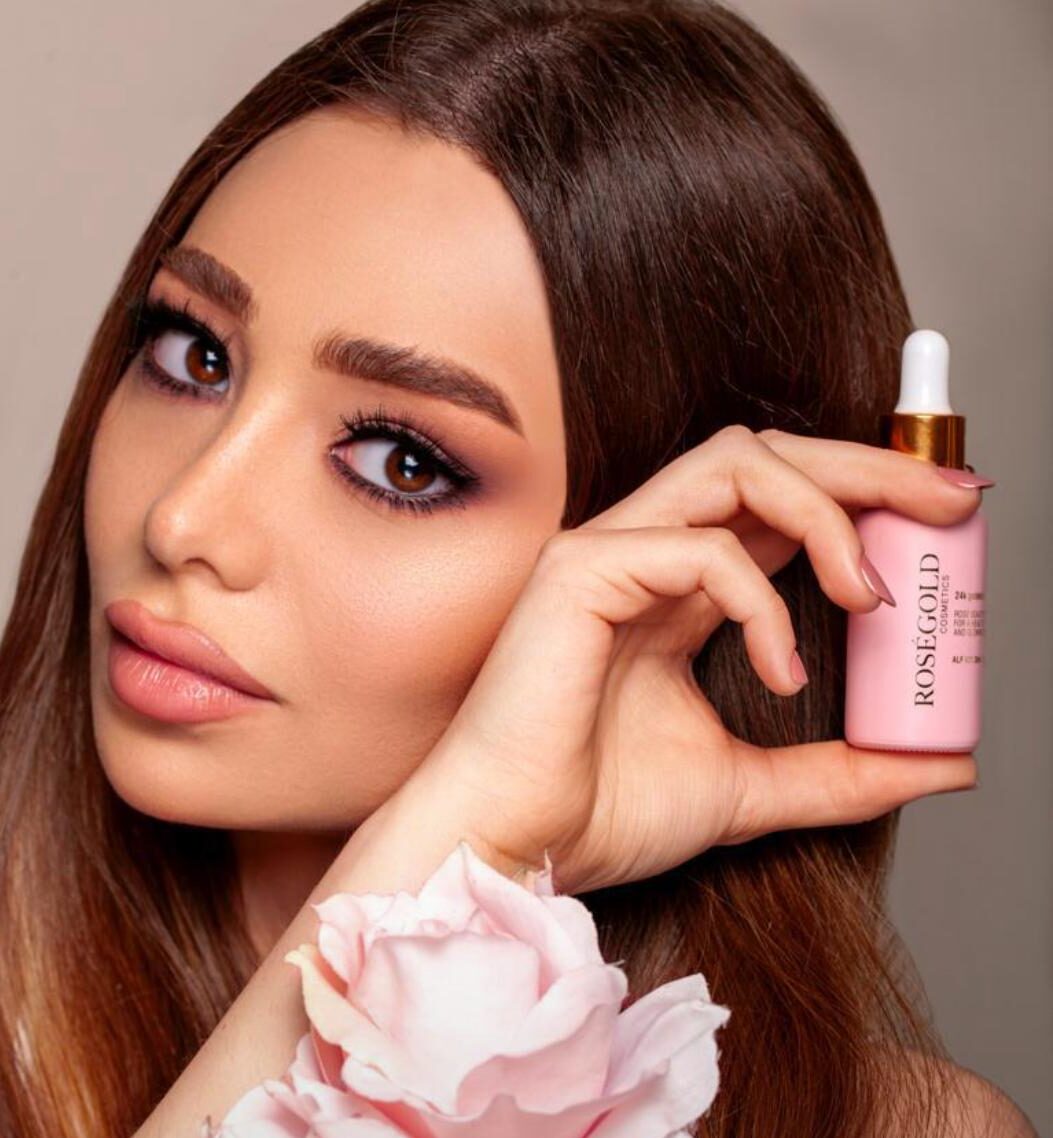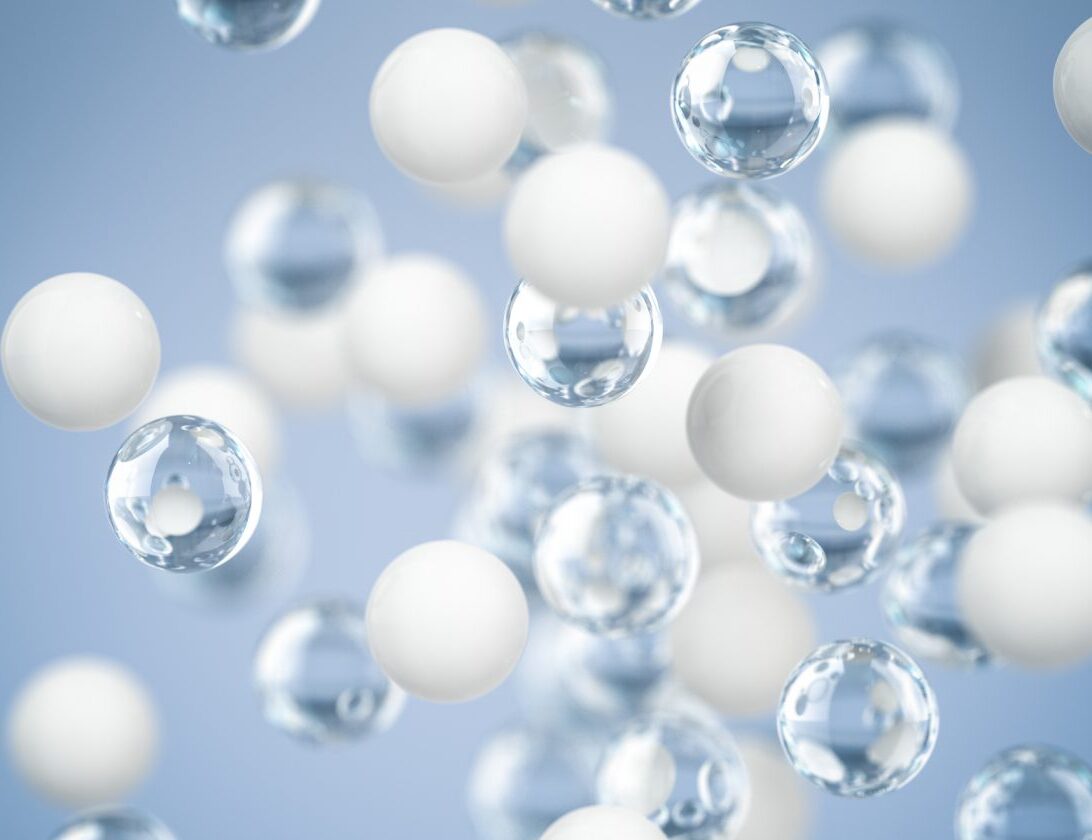Decode the signals your skin sends to you.
Skin types seem complex and confusing, but in fact they are very easy to understand.
On the other hand, inappropriate skin care products may irritate the skin and make it look worse, or the grains can be spread because of these products.
There are five types of skin: normal, fatty, dry, mixed, and sensitive.
Normal skin
Normal skin and healthy expressions do not look too bright or excess fat.
Regular skin needs proper care to maintain its youthfulness and healthy appearance. It is important to remember that a person’s skin changes from month to month due to hormonal changes. This also varies in the summer months due to increased sun exposure, as well as during pregnancy and menopause, all of which can significantly change healthy skin expressions.
Regular skincare
One of the best ways to take regular skin care is proper nutrition and supplements.
Oily skin care
While the best way to remove these fats seems to be harmful drying products such as those containing benzyl peroxide, this is not the case. In such cases, the body can resist more to excrete more fat in order to balance dried products.
The right way to care for oily skin is to allow fat to flow smoothly across many layers. Gentle exfoliation of the skin is also essential because it removes old skin cells that may be trapped in the skin and cause pimples. And remember: the cleaning process should be gentle and thorough. Do not use harsh fiber or sharp peels, as this will cause redness of your face and pain for you.
People with frequent outbreaks of pills in their skin can look at what they eat, as well as their way of cleaning their faces. Avoid foods that contain a large amount of fat, starches and sugars, such as pizza, burgers, French fries, ice cream, sweets and fried foods. They should also drink 8-10 glasses of water every day to keep their faces hydrated and to help remove impurities that are present inside the body as well.
Recommended products for oily skin
A gentle cleanser is recommended for people with greasy skin and clogged pores.
Dry skin
Dry skin is usually characterized by peeling, pigmentation and redness.
Dry skin is the opposite of oily skin, as sebum in the inner layers of the skin is produced in appropriate quantities. Even if this type of skin appears to lack water hydration, the use of water will make it drier. This type of skin needs good hydration to rehydrate dry cells.
Cleaning dry skin is also very important.
Mixed skin
Most people have mixed skin, but their problems vary according to their presence.
Focus on natural nutrients
People with mixed skin cannot use harmful chemicals, and should avoid products that contain a lot of benzoyl peroxide. Natural ingredients, such as vitamins and fruits, can be easily identified and can be obtained from sustainable sources.
Use two products to moisturize your skin
After you clean your face well, apply two different types of moisturizers to trouble spots.
The oily area of the skin requires its own products, and it is good to use a lotion or moisturizer containing the tea tree.
Sensitive skin
Sensitive skin can include dry skin, mixed or oily skin, but it is redder and more irritating.
Dermatologists use a rating scale to help people with allergy problems determine what type of treatments they should use. Scientific studies show that this type of skin tends to burn more easily, as well as varying degrees of specks that can be associated with increased grain outbreaks on the skin.
Signs of redness, irritability and outbreaks of grains:
When dealing with redness and irritation in allergic areas, it may be useful to use a facial sponge for sensitive skin.
Moisturizing sensitive skin is as important as oily or dry skin.
Quick advice for all skin types
When considering which products we use for our skin, it is important for a person to determine the type of skin he or she possesses. Using the right products and giving away harmful chemicals, this can help get healthy and beautiful skin.




